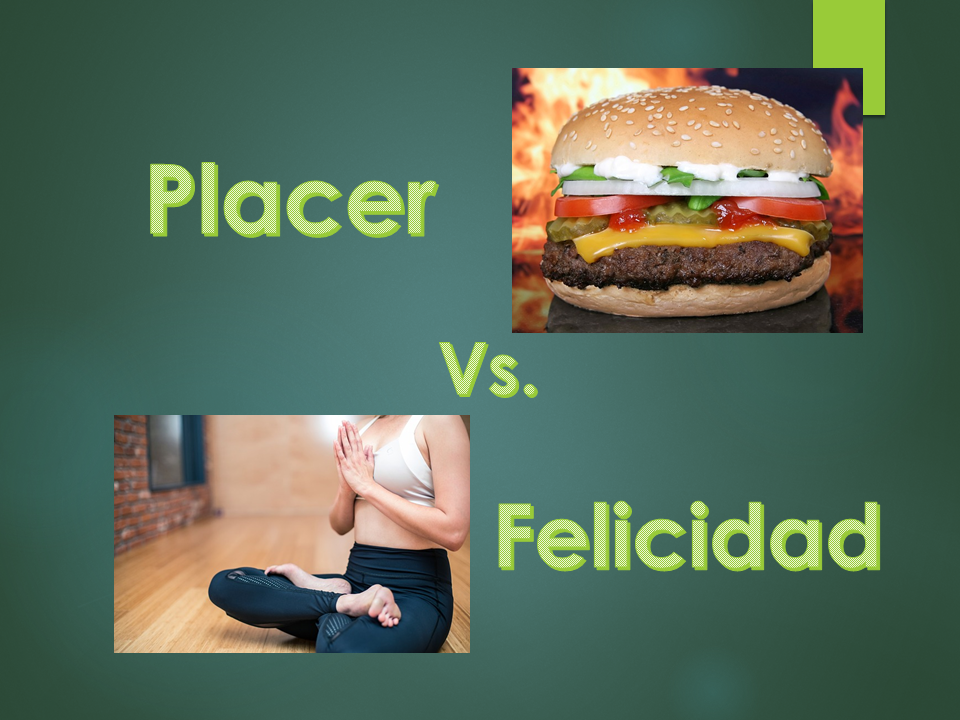
22 Sep Pleasure or Happiness? What is the Economically Optimal Decision?
I had the good fortune of coming across the book The Myth of Normal by Gabor Maté & Daniel Maté (father and son). This text, which I highly recommend, touches on various aspects of human nature, our relationship with others, and the environment. In one chapter, the authors mention that pleasure and happiness are very similar (quite similar, in fact); however, they activate different “neurochemical fuels”. Pleasure is accompanied by dopamine and opioids, while happiness comes with serotonin.
The authors also mention an interesting point: dopamine and opioids are more likely to cause addiction, whereas serotonin does not. As I am not an expert in these matters, I will take this (as we economists often do) as a valid assumption.
Now then, I want to alert the kind reader that everything that follows is at the level of hypothesis. It would be wonderful if a young economist sees this as a potential thesis topic and shares their findings with us.
If what the Matés (father and son) say is true, then the economic approach lies in how you choose to use the money in your pocket—let’s say USD 100. Do you want to spend it, or do you want to invest it? In simple terms, spending is an outflow of money from your pocket that allows you to get through a day or a week; on the other hand, investing is an outflow of money that generates a future return. Often, these concepts overlap, which is why there is significant theoretical debate about what constitutes spending versus investment. Let’s look at some examples to make this clearer:
Buying a car can be an investment if you use it as a taxi; but it could also be an expense if you only use the car for weekend outings.
Learning to edit YouTube videos can be an investment if you later make some money as a “YouTuber”; but to your parents, it might seem like an expense since, according to them, it’s useless.
Buying the latest PS5 game might be an expense (according to your parents); but it could become an investment if you later earn money by becoming, say, a champion in that game.
Drilling an oil well might be an expense if the well turns out dry; but it could become an investment if the well is successful.
These examples, I hope, make it clear that the concepts of spending and investing are not always straightforward or definitive.
Let’s return to the example of “neurochemical fuels.” It seems that:
If you buy a burger with fries and a Coke, your brain releases dopamine, which gives you pleasure, but it lasts very little. This could be considered spending.
If you eat a salad, it might not generate dopamine, but it seems to release serotonin, which brings happiness (something like peace) and interesting long-term benefits, with less likelihood of addiction. This could be considered an investment.
If you smoke a cigarette, dopamine kicks in, bringing pleasure, but it lasts very little. Here, we have spending.
If you sleep 8–9 hours, practice yoga, or exercise, serotonin levels increase, generating happiness. Here, we have an investment.
From an economic and financial perspective, the recommendation is clear: investing is better than spending. However, businesses incur both; they spend and invest. The challenge, as always, is finding balance. To address this, there are a wide range of indicators that reflect “the health of a company,” such as EBIT, EBITDA, etc. Wouldn’t it be interesting to find these economic-financial indicators for personal health? (I leave that idea for an economics student seeking a thesis topic.)
Ultimately, we all have the freedom (or do we?) to choose how we allocate our money—on fleeting pleasures or enduring happiness. However, it’s crucial to distinguish between spending and investing. Notably, spending on pleasure often fosters addiction, diverting valuable resources away from opportunities to invest in lasting happiness.
As you may have noticed, I used words like “seems,” “appears,” and “might be” because, as I mentioned earlier, this is all at the level of hypothesis. For now, I wish you a great weekend. Hopefully, we can all (me included) balance our money between spending and investing. Hopefully (as Mr. Miyagi from Karate Kid suggested), we can find balance.
S. Mauricio Medinaceli Monrroy
Istanbul
September 22, 2023



No Comments